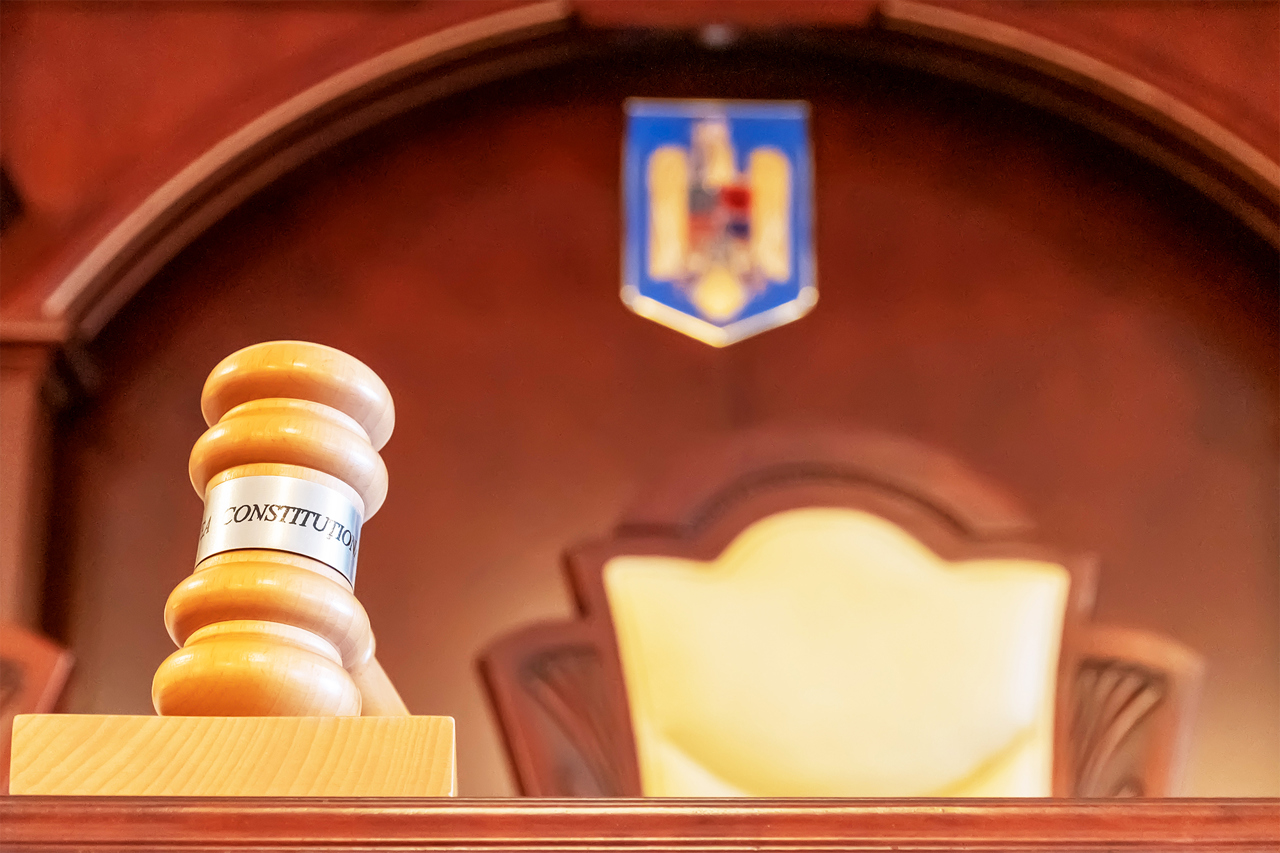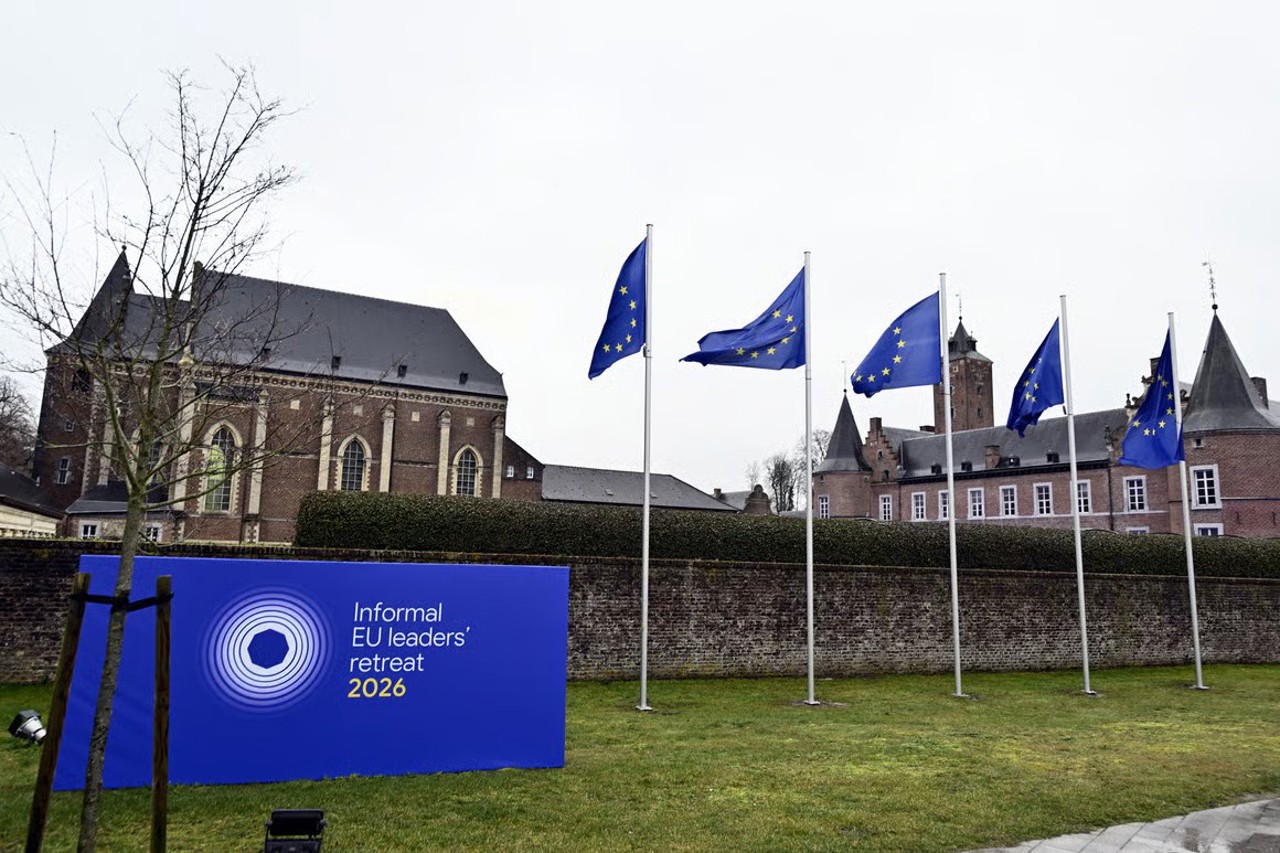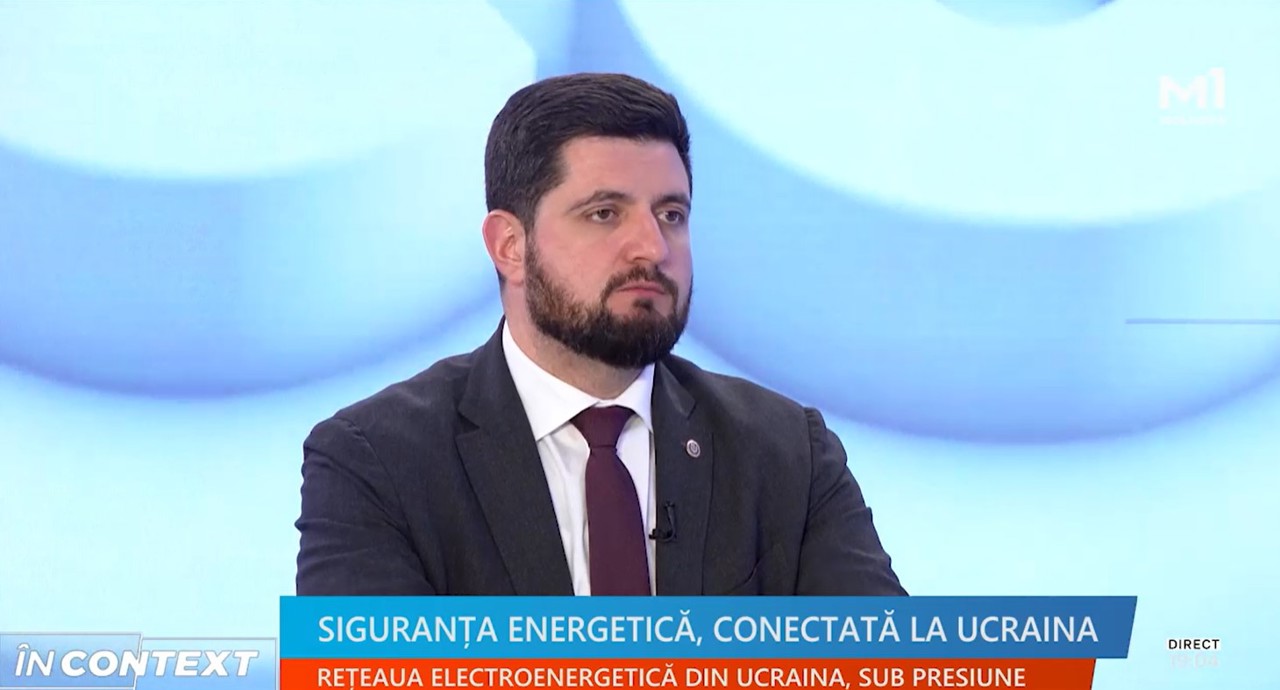Romania's Constitutional Court cancels 2024 presidential election
The Constitutional Court of Romania (CCR) presented its arguments for the decision to annul the results of the first round of the presidential elections.

The judges of the Court stated that, after the declassification of documents presented at the CSAT meeting, they found that the electoral process had been flawed throughout its entire duration and at all stages, marked by numerous irregularities and violations of electoral legislation. These issues distorted the free and fair nature of citizens' votes, undermined the equal opportunities of electoral competitors, impacted the transparency and fairness of the electoral campaign, and disregarded legal regulations concerning its financing.
All these aspects collectively undermined the essential principles of democratic elections. The main issues attributed to the 2024 presidential election process included voter vote manipulation and the distortion of equal opportunities for electoral competitors, due to the non-transparent and unlawful use of digital technologies and artificial intelligence in the electoral campaign, as well as campaign funding from undeclared sources, including online.
The Court noted that the free expression of voters' will had been compromised in the context of the 2024 presidential election process. It also highlighted that the equality of electoral competitors had been affected, reflecting an alteration of the very right to stand for election.
Irregularities in the electoral campaign impacted electoral competitors by creating clear inequality between the candidate who manipulated digital technologies and the other candidates involved in the election process. As a result, significant exposure for one candidate led to a proportionally reduced exposure for the other candidates in online media during the electoral process.
The use of digital technologies and artificial intelligence by candidates, electoral competitors, political parties, their supporters, or sympathizers must be transparent and adhere to electoral legislation to ensure a fair and democratic process.
In this case, the free expression of voters' will was violated as voters were misinformed through an electoral campaign in which one candidate benefited from aggressive promotion, bypassing national electoral legislation and exploiting social media platform algorithms. The manipulation of votes was even more evident as the promotional materials for one candidate did not bear the required markings specified by Electoral Law No. 370/2004. Additionally, the candidate received preferential treatment on social media platforms, resulting in the distortion of voters' will.
Translation by Iurie Tataru




